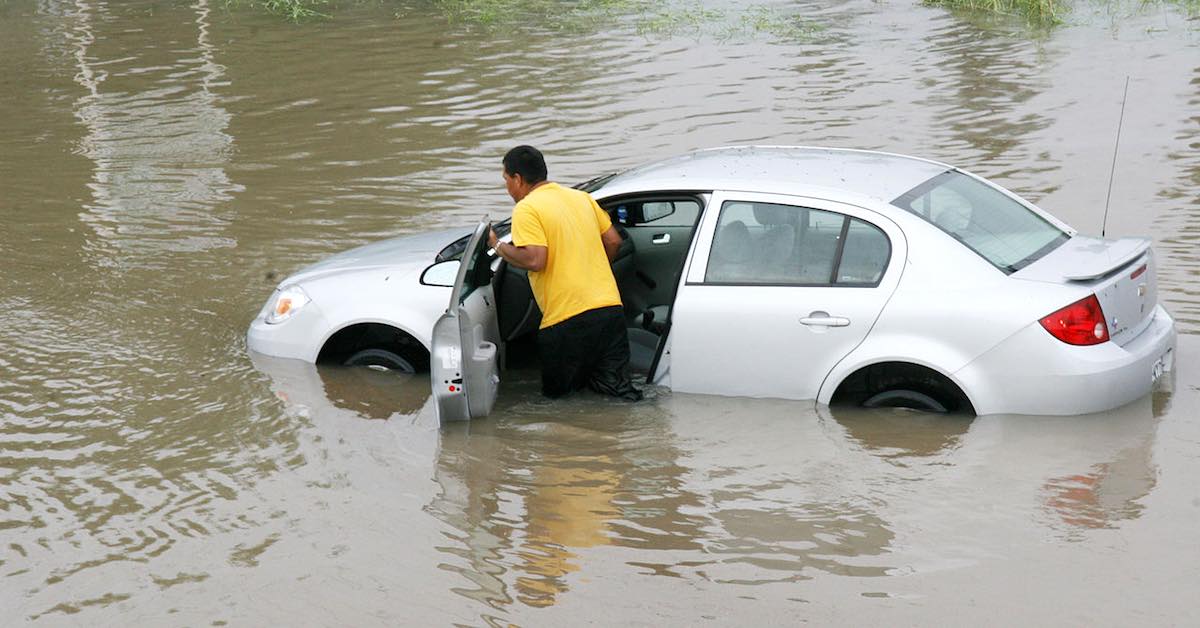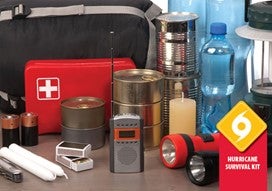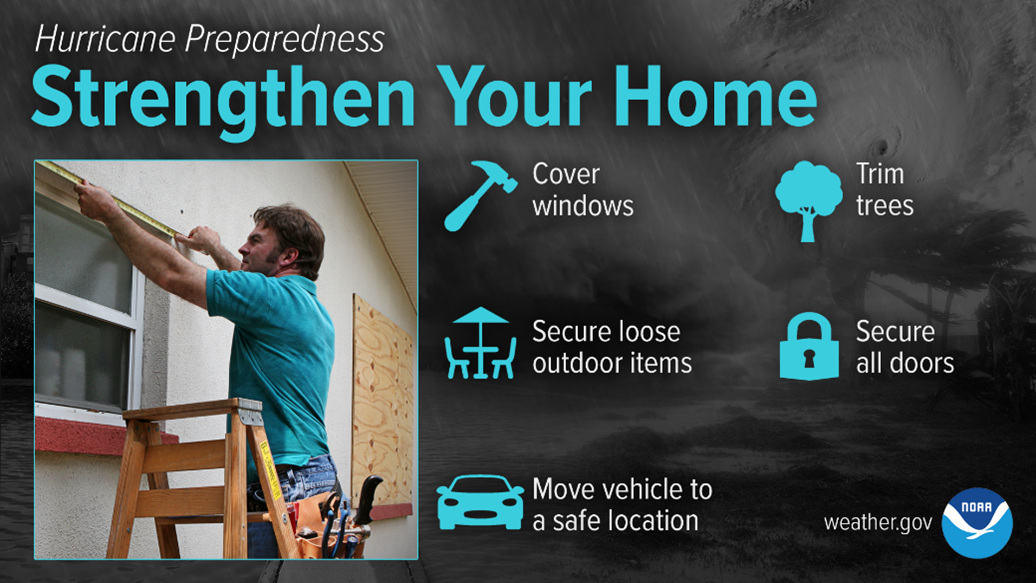Hurricane Prep Tips
Eastern North Carolina is an area prone to severe weather. Because of this, it is vital that we take necessary precautions so that in any emergency, we are prepared. Here are some important tips to keep in mind this hurricane season.
-
Listen to local officials
Pay attention to local news updates through your television, radio stations or the internet. This is the best way to receive any new weather updates and is especially important in case officials issue an evacuation warning. Additionally, if there are any road blockages or hazards you need to be made aware of this is the best way to find out.

-
Stay indoors unless you absolutely must leave
Weather can be unpredictable, so even if you think it is safe to leave, it is best to try to stay indoors. According to the U.S. Department of Transportation Federal Highway Administration, approximately 21% of vehicle crashes occur during inclement weather. This not only puts you at risk, but it puts others at risk as well. And always remember to “Turn Around, Don’t Drown” because just a foot of water can flood a vehicle.

-
Invest in an Emergency Kit
We’ll often hear if severe weather is coming at least a week prior. This gives us ample time to stock up on necessary supplies so we can stay at home and wait it out. It is not a bad idea to invest in an emergency kit. Some things to consider including are water bottles, non-perishable foods, flashlights/candles, first-aid kit, extra batteries, and more. You’ll also want to pick up enough groceries and toiletries to last the wait.

-
Vehicle and Outdoor Prep
If you have a vehicle, you can take a few steps to make sure it is prepped in case you receive word for evacuation. Be sure to fill your vehicles gas tank. Next, perform a basic vehicle inspection to look over the tires, lights, fluid levels and windshield wipers. Another great investment is a basic tool kit and jumper cables to keep inside your vehicle. The last thing you want is to be stuck somewhere during an evacuation! Secondly, if you have outdoor furniture or any large items you keep outdoor, you want to strap those items down or bring them inside to avoid the chances of them flying away.

-
Know your evacuation plan
If you live in the dorms or an apartment building, ask your RA or building manager what evacuation plans are in place. This can look different depending on where you live. It is also a good idea (although not always necessary) to think of where you can go in case you receive the news that you must evacuate the area.

There is no way we can prevent severe weather, but we can do our best to prepare by following these tips, staying indoors and listening to local officials.